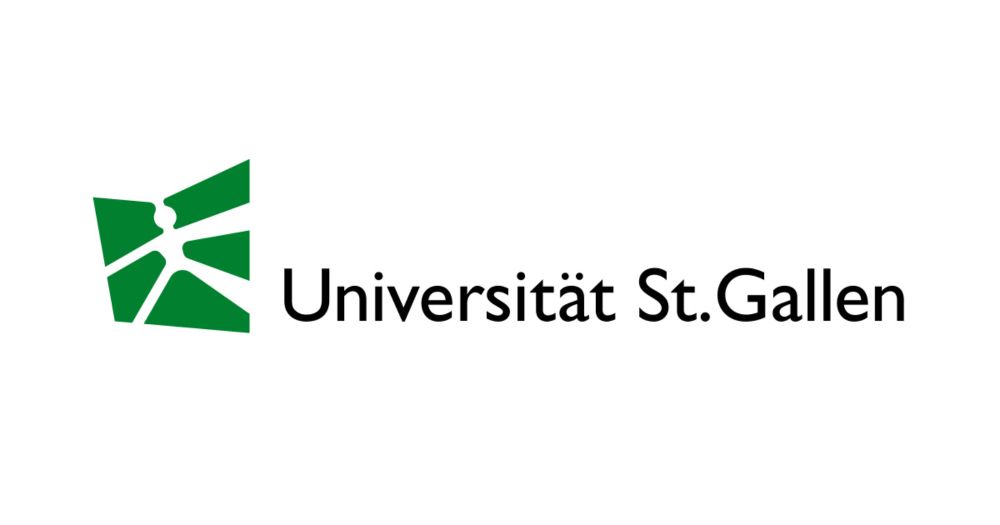Posts
Media
Videos
Starter Packs
Reposted by emanueldebellis.bsky.social
University of St.Gallen
@unisg.ch
· Jun 24

Artificial intelligence assessment changes human behaviour
Artificial intelligence is being used to assess people. For example, in the recruitment process, university admissions or the provision of public services. A study by the University of St.Gallen shows...
unisg.link
Reposted by emanueldebellis.bsky.social
University of St.Gallen
@unisg.ch
· Apr 10

Smart Products Report 2025: Nutzung und Ängste nehmen zu
Ob Saugroboter, Küchenmaschine oder KI-Chatbots – smarte Produkte verändern den Alltag. Wie nutzen Menschen in der Schweiz diese neuen Technologien? Wie ist ihre persönliche Wahrnehmung? Das haben For...
unisg.link


